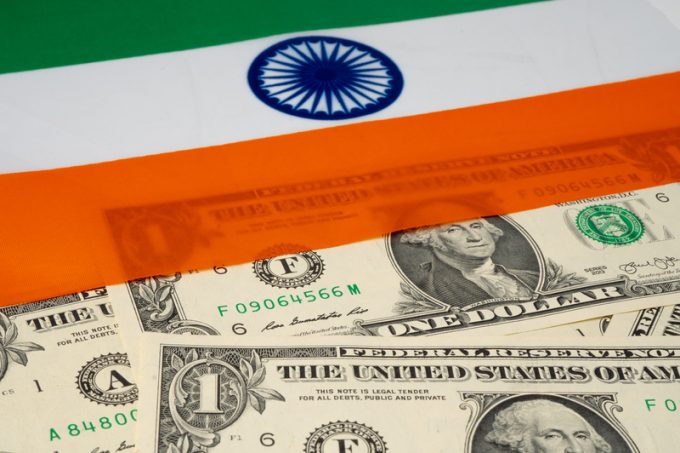Gemini partners on the hunt for scarce chartered tonnage
Pacific International Lines (PIL) has chartered one of its ships to Hapag-Lloyd for three years, ...

Indian cargo owners are facing multiple shipping cost shocks, even as they work through sailing disruptions and the associated challenges stemming from the Red Sea/Suez Canal crisis.
According to local forwarder sources, major carriers calling at Indian ports have implemented hikes in their local tariffs, especially terminal handling charges (THCs) this month and, in some cases, again in February.
A Mumbai-based forwarder told The Loadstar: “The scale of hikes at Nhava Sheva being implemented is in the range of 5% or so.”
To illustrate, ...
Trump tariffs see hundreds of cancelled container bookings a day from Asia
'To ship or not to ship', the question for US importers amid tariff uncertainty
'Disastrous' DSV-Schenker merger would 'disrupt European haulage market'
'Chaos after chaos' coming from de minimis changes and more tariffs
Forto 'sharpens commercial priorities' as it lays off one-third of staff
List of blanked transpac sailings grows as trade war heats up and demand cools
EC approves DSV takeover of DB Schenker
Overcapacity looms for ocean trades – with more blanked sailings inevitable
Amazon Air’s metamorphosis: 'a different air cargo unit from two years ago'
Shippers in Asia restart ocean shipment bookings – but not from China
India withdraws access for Bangladesh transhipments, in 'very harmful' decision
'Tariff hell' leaves industries in limbo – 'not a great environment to plan'

Comment on this article